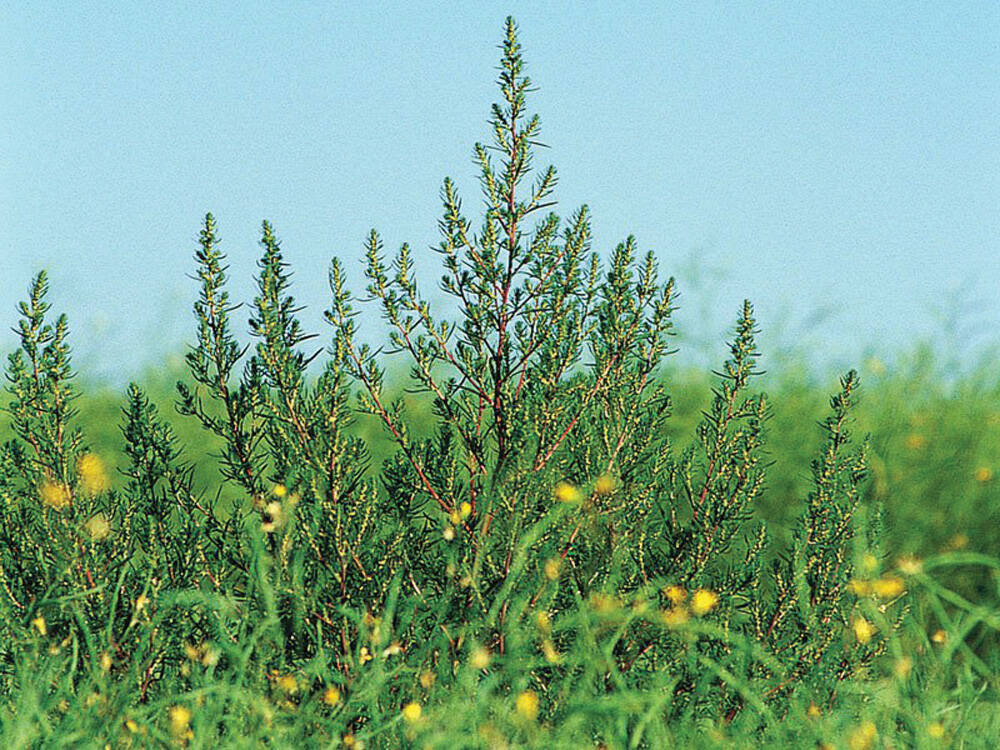China has softened its three-year-old import restrictions on Canadian canola, federal Agriculture Minister Gerry Ritz said on Tuesday.
China has approved one additional oilseed crushing plant, the 600,000-tonne CNOOC-Biolux plant in Nantong, Jiangsu province, to accept shipments of Canadian canola seed, a crop used to produce vegetable oil and animal feed.
China continues to restrict imports of Canadian canola due to concerns about the fungal disease blackleg.
China’s latest move is significant because it is the first Chinese plant near the country’s domestic rapeseed crops — a close relative of canola — to accept Canadian canola since 2009, Ritz said in an interview with Reuters.
Read Also

FMC Canada unveils 2026 crop protection roster
FMC Canada’s crop protection lineup for 2026 will include four products marketed for control of kochia.
“We’re beginning to see a change in their methodology and their ability to absorb Canadian canola without that fear of the blackleg,” Ritz said.
China granted the access on a trial basis, which Ritz said is normal, while the two governments and industries work out a long-term solution.
Canada has now been granted access to three additional Chinese plants over the last few months, giving it additional access to a combined one million tonnes of crushing capacity, said Patti Miller, president of the Canola Council of Canada.
In total, 11 Chinese oilseed crushing facilities with a combined annual capacity of 5.5 million tonnes now accept Canadian canola.
Canada is the world’s biggest producer of canola, just ahead of China. China’s move comes a few weeks after it agreed to allow imports of Australian canola under specific conditions.
ICE Futures Canada canola futures continued to trade higher after news of the additional Chinese access.
— Rod Nickel is a Reuters correspondent based in Winnipeg.














